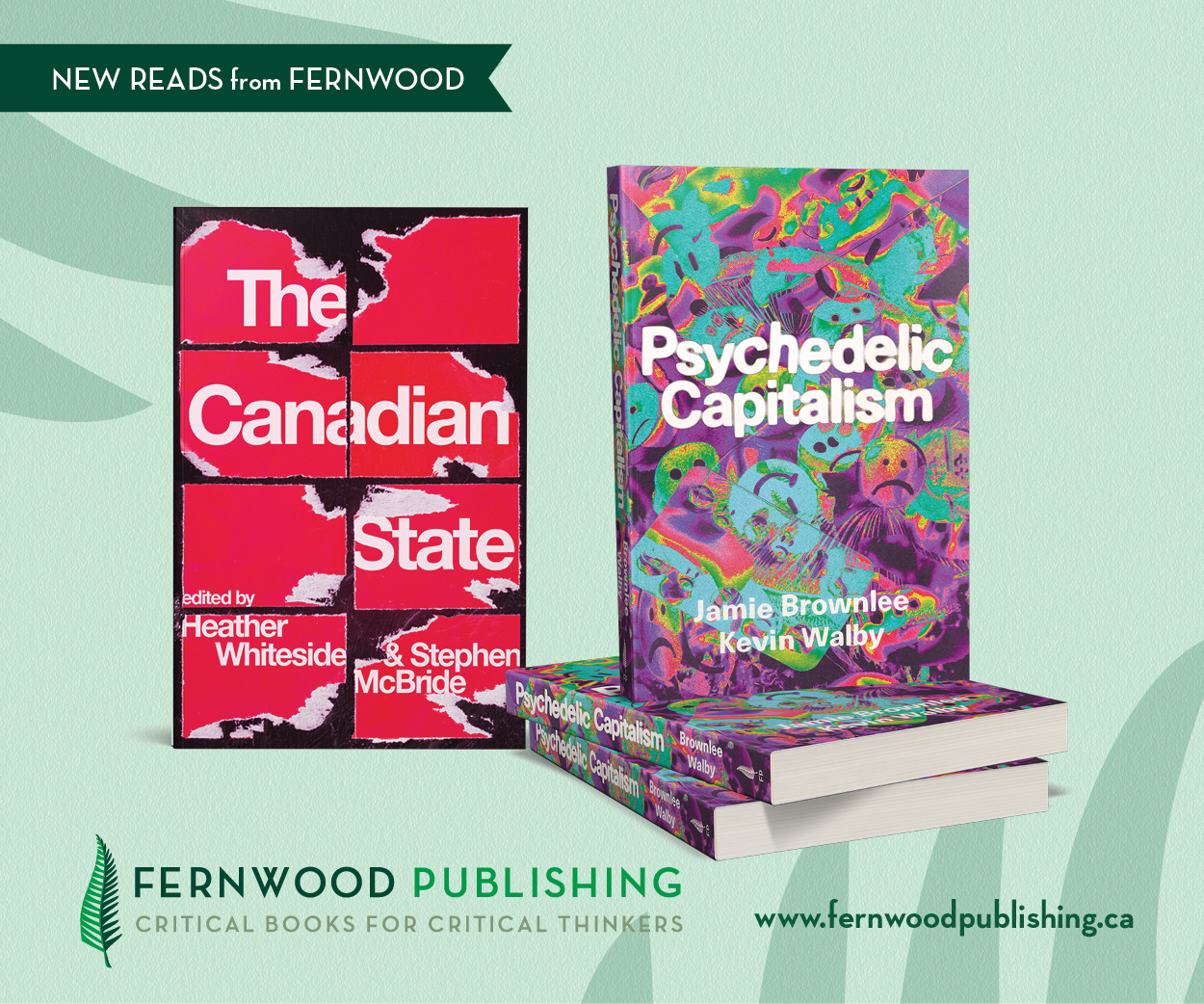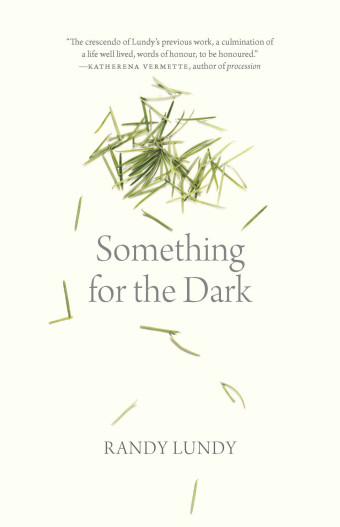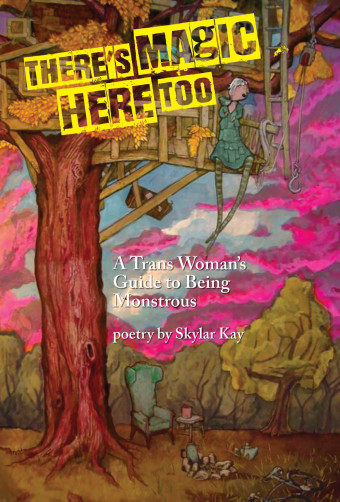In this resonant and powerful collection of decidedly personal poetry and prose, John Brady McDonald takes on a dissection of the impact of colonialism, racism, and the scar tissue of survival from his home in northern Saskatchewan.

- What Shade of Brown
- John Brady McDonald
- Radiant Press
- $20 Paperback, 75 pages
- ISBN: 978-19-98926-28-2
A number of his pieces feel like a balm for an aching heart, with tension between surrender and resistance as a thread throughout the work.
“I think the source for the majority of the poems in this collection stems from a sense of being an old man before my time, longing for a youth and boyhood stolen by the residential schools and poverty, looking back on a life lived much too fast.
“That being said, it’s about a desire to appreciate what is remaining while it is still here to appreciate, but at the same time, mourning for its loss even before it’s gone,” McDonald explains.
Speaking to the work to reclaim culture, he notes, “it wasn’t until I began to unpack my baggage from my childhood and made that reconnection to the Red Road that my writing began to take on a more realistic, narrative form of poetry. I began chronicling my existence and speaking to it as opposed to trying to be a flouncy poetic wordsmith, because I needed to be honest and true with my words in a way that pure abstract wordplay would not allow me. Does that mean there’s no flounce? No, but it is measured out carefully now.”
With pensiveness and profoundly crafted “flounce” present, readers can also expect flashes of wry humour. It’s a read that feels as intimate as a late night talk with a long-time friend, skipping the small talk, and going straight to the heart of trying to make sense of a weary world and our place in it.
Restlessness, longing, and discomfort simmer throughout: however, righteous rage crystallizes in McDonald’s titular poem, calling to task colourism, lateral violence, and the ever-moving goalposts of impossible standards of measuring up.

“I have always seen my words as a mirror, reflecting the world around us and showing the viewer the reality of what is being addressed. As we continue deeper into a darker world of fascism, hatred, and horror, the work of artists grows increasingly more difficult,” he says.
“For me, my role as a warrior is to hold up that mirror, and reflect what’s going on. My words are medicine – sometimes the medicine stings, sometimes it tastes like bananas, sometimes it works, sometimes it’s a placebo, sometimes it causes reaction, and sometimes it does nothing at all. It’s the reality of coming from a place where one is honest.”
Cultural reclamation shows up as McDonald’s match-in-the-dark in poems that capture a heart-connection to the power of ceremony, land-based practices, and Indigenous ways of knowing.
“The knowledge inherent in our culture is alive, it is a living, breathing entity that, while often wounded, is a self-healing organic state of being. The ability to heal is one of the first things we learn when we return to the Red Road, because that is almost always why those of us removed from our culture reclaim it – to heal.”













